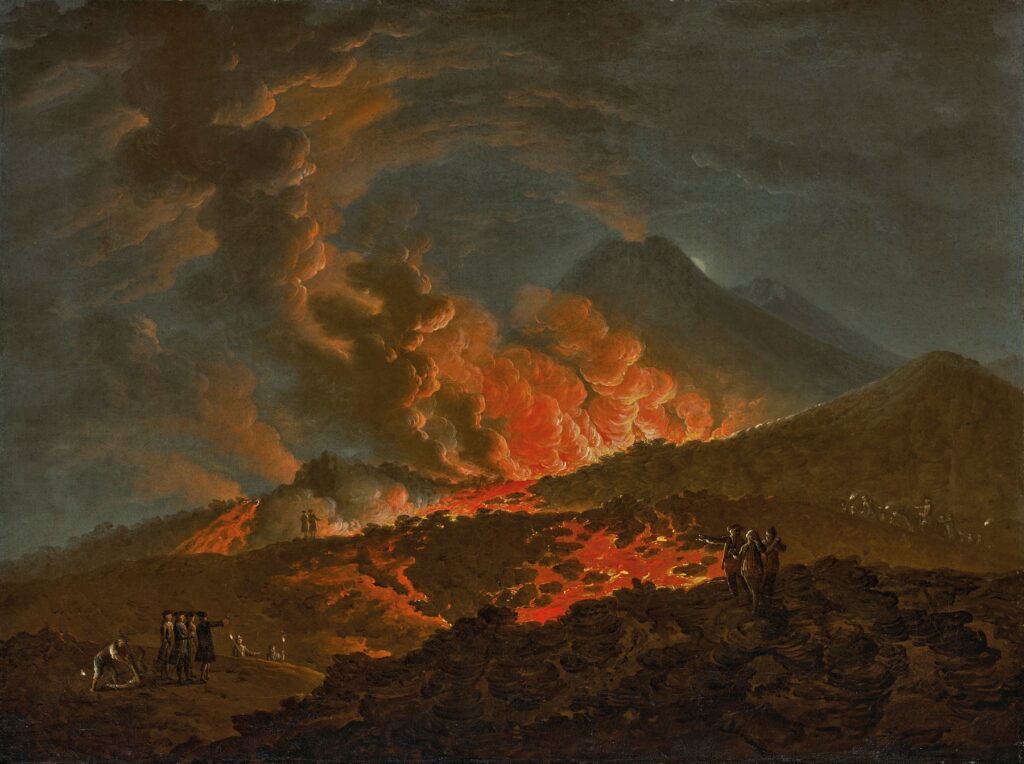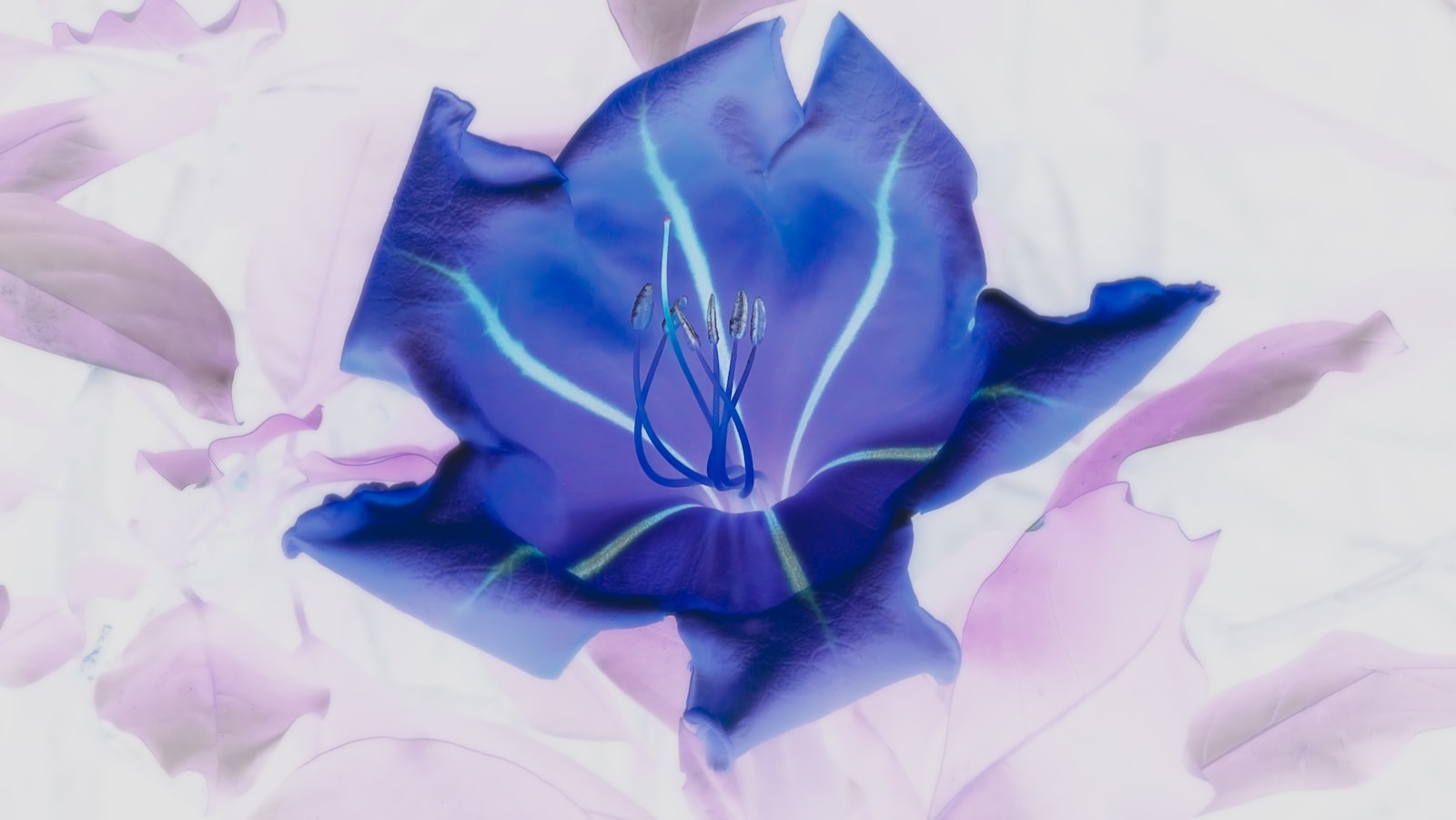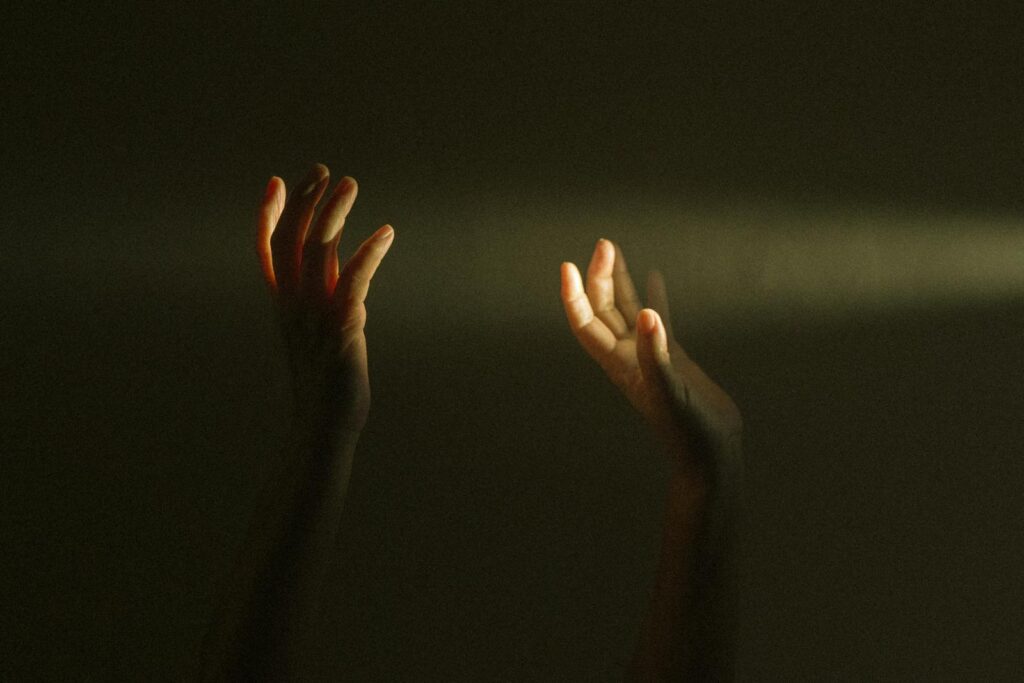There are several understandings about the ego, and according to Jung’s standpoint, the ego is not our whole self. It is just a part of ourselves that we can be conscious of. Therefore, there is a term ego-consciousness. So the ego is our conscious personality, not our whole psyche, since Jung postulated the idea that our psyche consists of our conscious and unconscious part, our subjective and objective part, and our personal and impersonal part. Hence this article will use that standpoint on viewing the ego.
Whatever happens in the fantasy must happen to you. You should not let yourself be represented by a fantasy figure. You must safeguard the ego and only let it be modified by the unconscious, just as the latter must be acknowledged with full justification and only prevented from suppressing and assimilating the ego. Carl Jung, Letters Volume 1, Page 561
Individuation is not that you become an ego—you would then become an individualist. You know, an individualist is a man who did not succeed in individuating; he is a philosophically distilled egotist. Carl Jung, The Psychology of Kundalini Yoga, Pages 39-40
The ego, persona and the shadow
Previously, I had written articles about persona and the shadow so that we could clearly see the interconnectedness between these three. The persona works for the ego. The ego approves the persona. The ego uses persona. In other words, persona is the approved ego representation. On the other side, the shadow is what the ego disapproves, rejects, and forgets. Nevertheless, the shadow is still part of us. It is parts of us that we are lacking of its existence until it bothers us when someone projects our shadow.
The ego is the subject of all successful attempts at adaptation so far as these are achieved by the will. Carl Jung; CW 9ii; para 11
The shadow is a moral problem that challenges the whole ego-personality, for no one can become conscious of the shadow without considerable moral effort. To become conscious of it involves recognizing the dark aspects of the personality as present and real. This act is the essential condition for any kind of self-knowledge. Carl Jung; Aion; CW 9; Part II.
The Self is not only the centre but also the whole circumference which embraces both conscious and unconscious; it is the centre of this totality, just as the ego is the centre of consciousness. Carl Jung; Memories Dreams and Reflections and Psychology and Alchemy.
. . . one must learn . . . between intentional and unintentional contents of the mind. The former are derived from the ego personality; the latter, however, arise from a source that is not identical with the ego, but is its “other side”. Carl Jung; Man and His symbols;
Ego as complex and ego-consciousness
What I call “consciousness” would coincide with what you call “mind.” It is quite evident that the ego-complex is at the root of all complexes, since without an ego complexes couldn’t be experienced at all. If you eradicate the ego completely, there is nobody left that would consciously experience. Too much ego always leads to a state of conflict, therefore it ought to be abolished. But it is the same thing as with the pairs of opposites: if you abolish the ego altogether, then you create unconsciousness. Carl G Jung, Letters vol I
What we know about complexes is that they always evoke great emotions within us. When a complex is constellated, we might feel out of touch with ourselves. It feels like we are accessing the world from an unfamiliar pathway and outside ourselves. The ego is where the complexes are constellated and also the detector of those complexes. And in order to detect those complexes, we need to have a healthy and firm ego. We need to have that so-called ego-consciousness. Then a question may arise: how to have ego-consciousness? This is where knowing your innate cognitive function contributes to the process of healthy ego-consciousness.

How to raise awareness
First of all, we have to understand there is no inward journey without any self-reflection. So having a continual self-reflection is the basic step to raising our awareness of our ego’s agendas. Then, there are several steps that may follow that help us achieve that aim.
- Identify our ego representation. As we know, our ego wants to be known. That’s why it wants to be represented. So there are several questions that we may ask ourselves in order to realise this representation. How we want to be known by others and what is our vanity—these two questions may bring several realisations about our conscious personality and help us to identify our persona.
- Acknowledge our persona. Persona is a bridge between the ego and the outside world. It helps and works for the ego. Therefore, to realise its form is to know our ego’s agenda.
- Realising our unconscious content. Jung highlighted that whenever a complex is constellated, there will be certain emotions that follow. So whenever we get emotionally provoked by something or someone, it is time for us to identify and then investigate the why behind those emotions.
- Regulate our emotions to unblock our awareness. Another step that is also important is to regulate our emotions. So that we may not rationalise the emotion. Rationalisation is a defence mechanism. Here, identifying our emotions will help us regulate the emotion. Another way to try is by being aware of your body sensation whenever you feel emotional. Though it may be difficult for some people, connecting and listening to our body is also a way to raise our awareness, while for some people, it may be the first step that helps.
- Take care of our bodies; we need to get grounded. Nowadays, there are many books and journals about the importance of our body and its connection to our psyche. So we may come to realise that being in our head and getting disconnected with our body is one kind of disassociation. Doing some body work will definitely help us in connecting with our body so that we may understand its language and hear its alarm.




